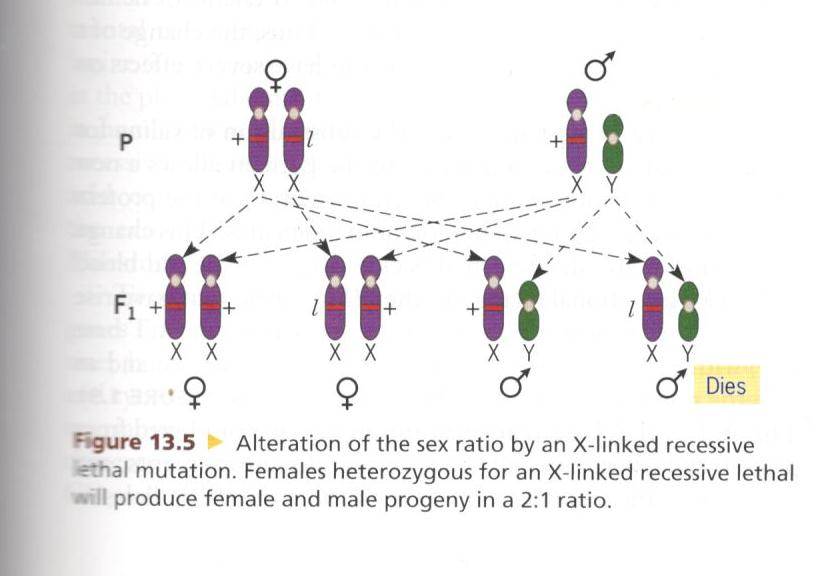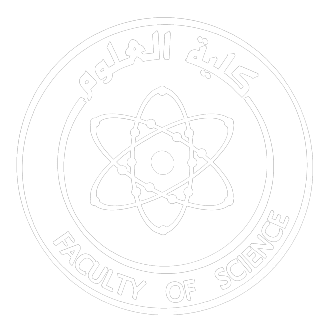
• Genetics forms one of the central supports of biology and overlaps with many other fields, such as agriculture, medicine, and biotechnology. It is the study of genes at all levels, including the methods in which they act in the cell, and the ways in which they are transmitted from parents to offspring (heredity). Modern genetics focuses on DNA, and the ways in which it affects the chemical reactions that constitute the living processes within the cell. Early studies of insect genetics were derived from the study of Drosophila species. In this course, the student will study chromosomes (morphology, structure, banding, polytene chromosomes, lampbrush chromosomes), modified Mendelian ratio, epistatic and pleiotropic phenomena, Chromosome aberrations, gene Mutations : Point mutation, silent mutation - spontaneous mutation, dominant mutation: penetrance and expressivity , back and suppressor mutations, the molecular basis of mutations (tautomeric shifts), mutations induced by chemical (base analogs, Nitrous acid, acridine dyes, Alkylating agents) /physical agents (ionizing radiation and nonionizing radiation), different types of DNA repair (mismatch, excision, recombinational, SOS repair and photoreactivation), gene mapping (Eg. Linkage map).

